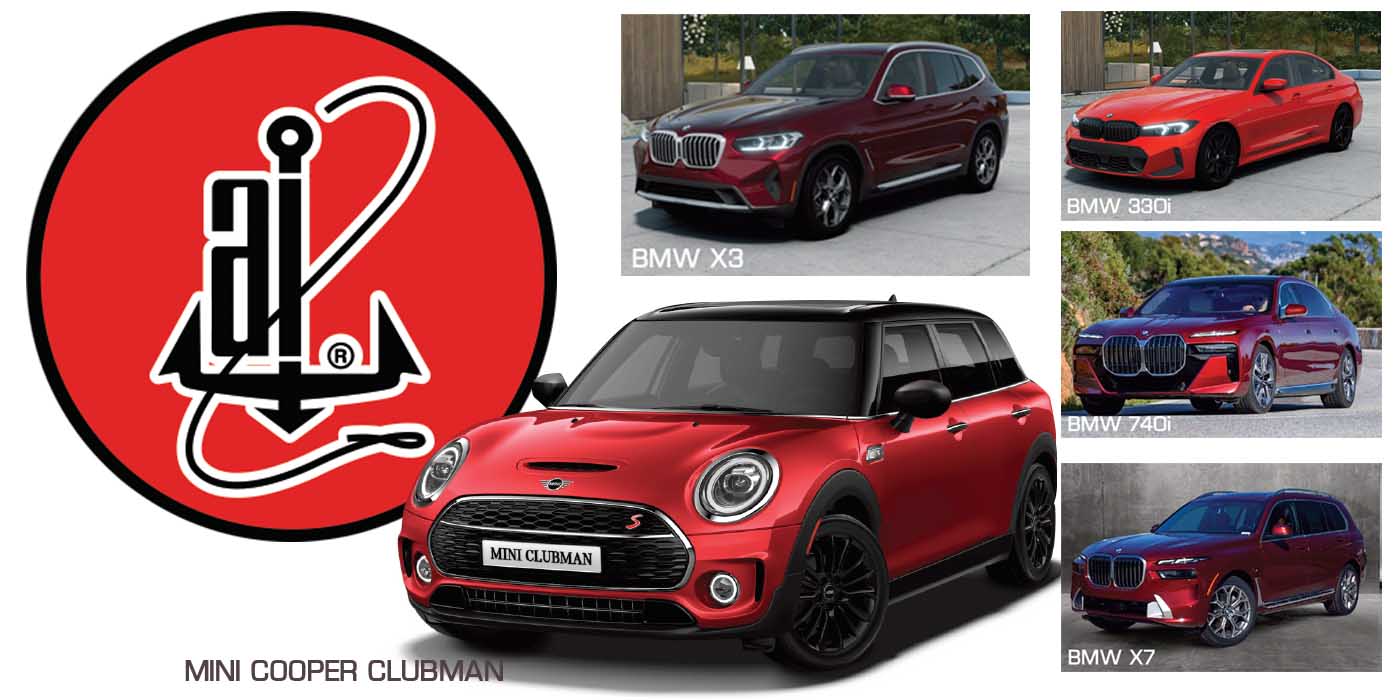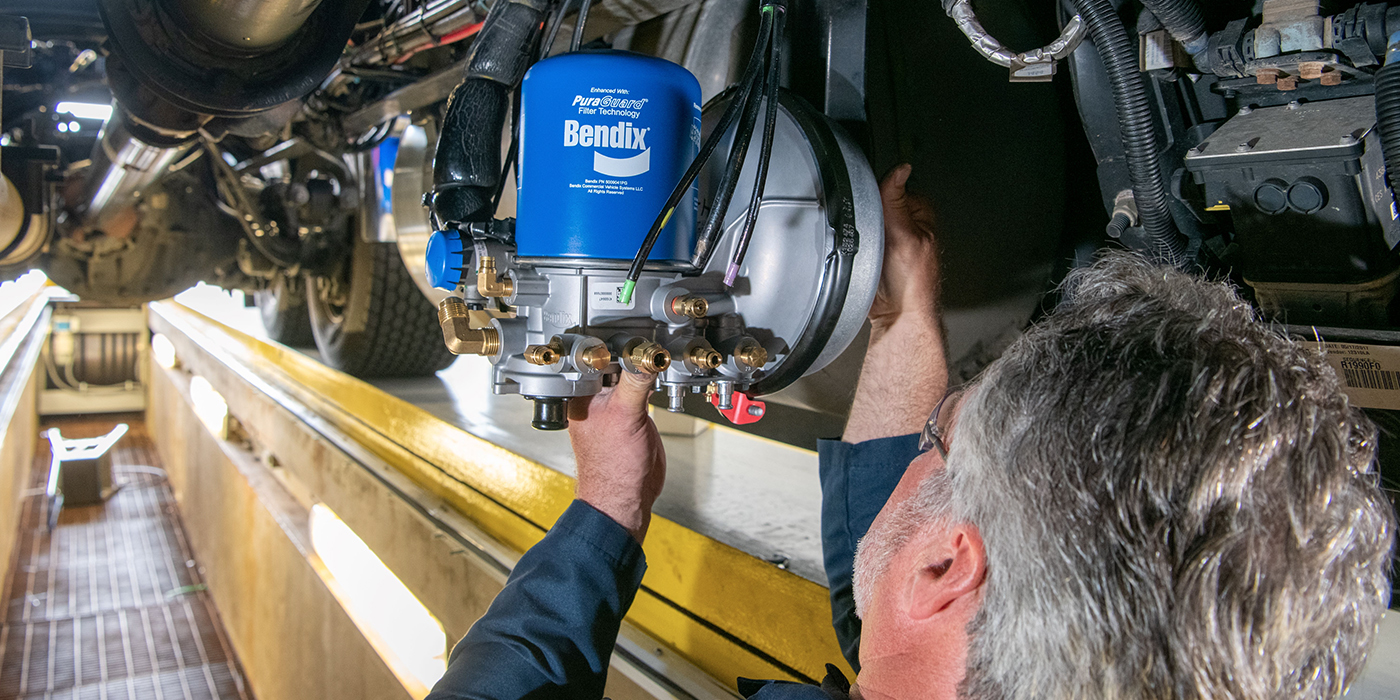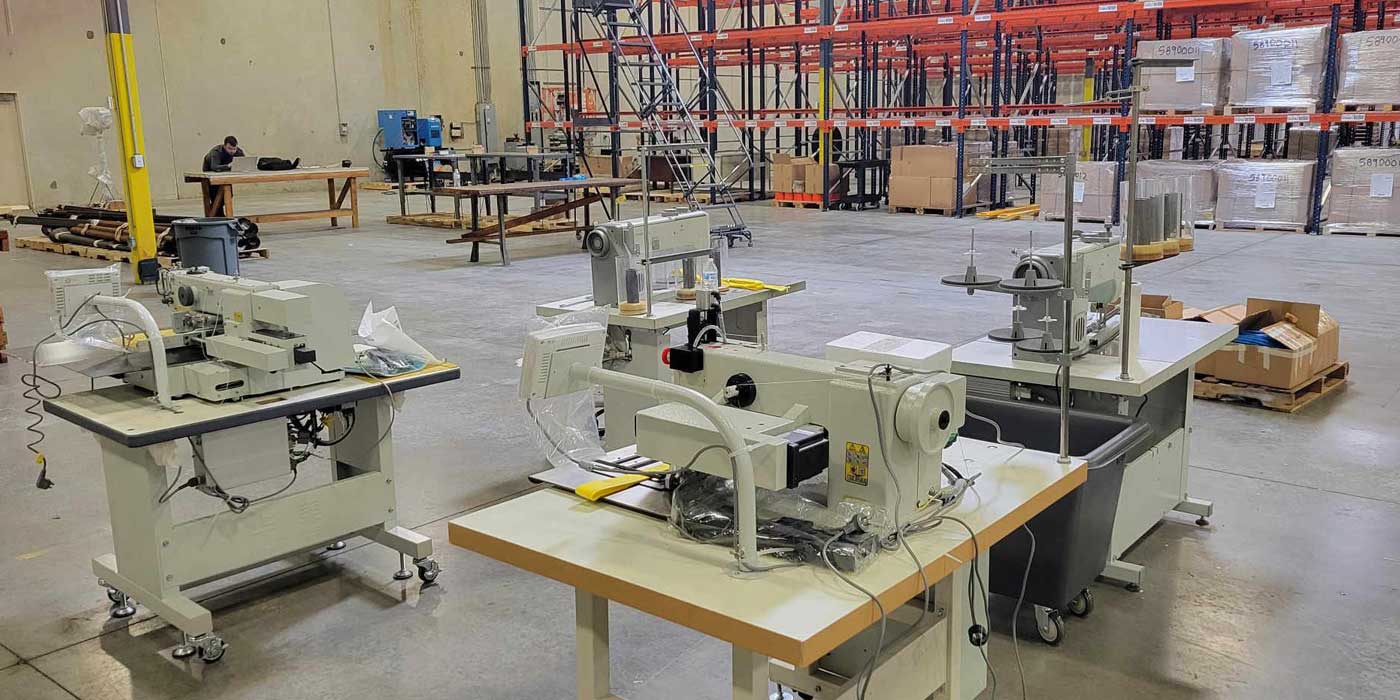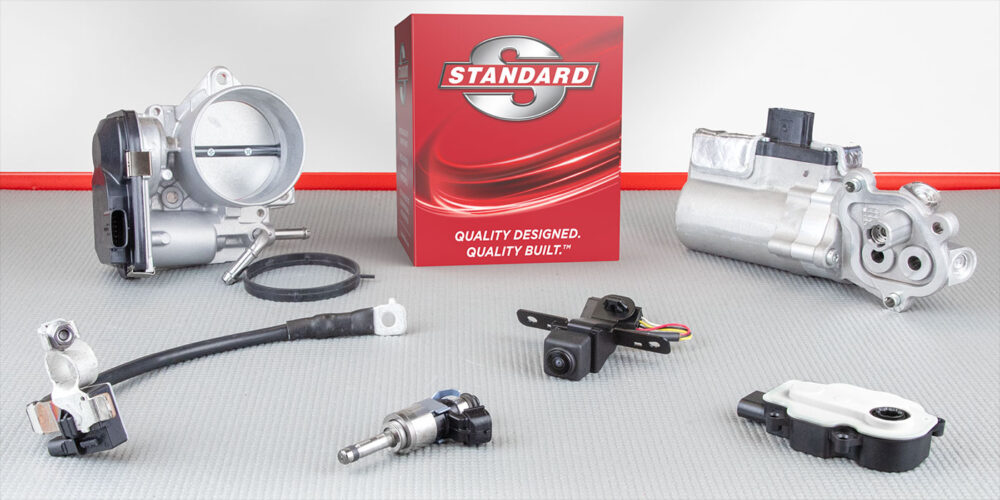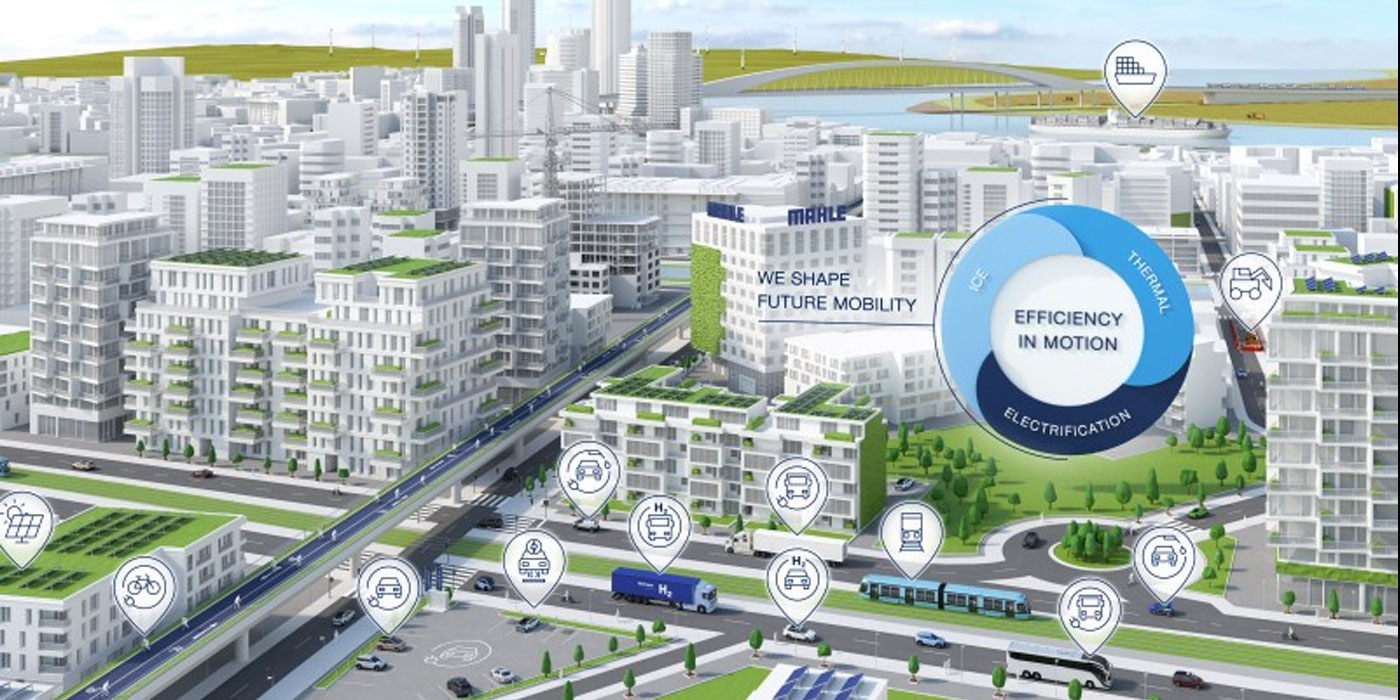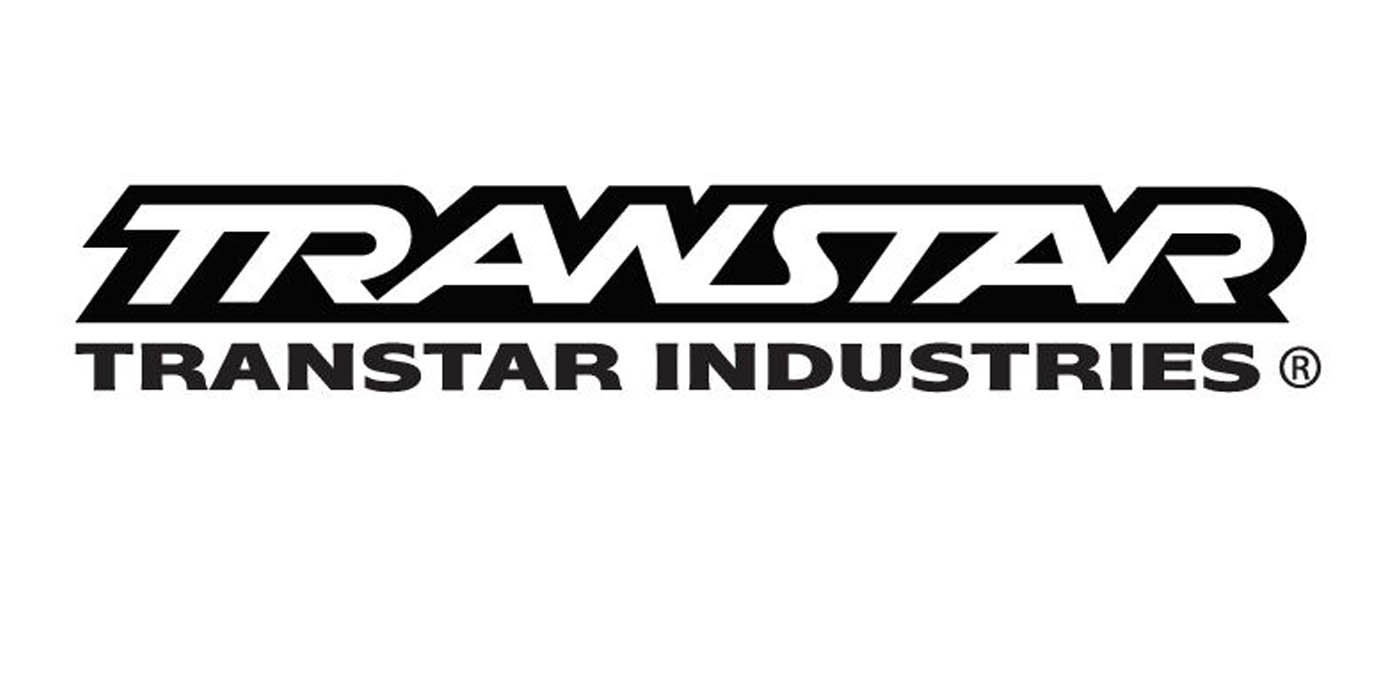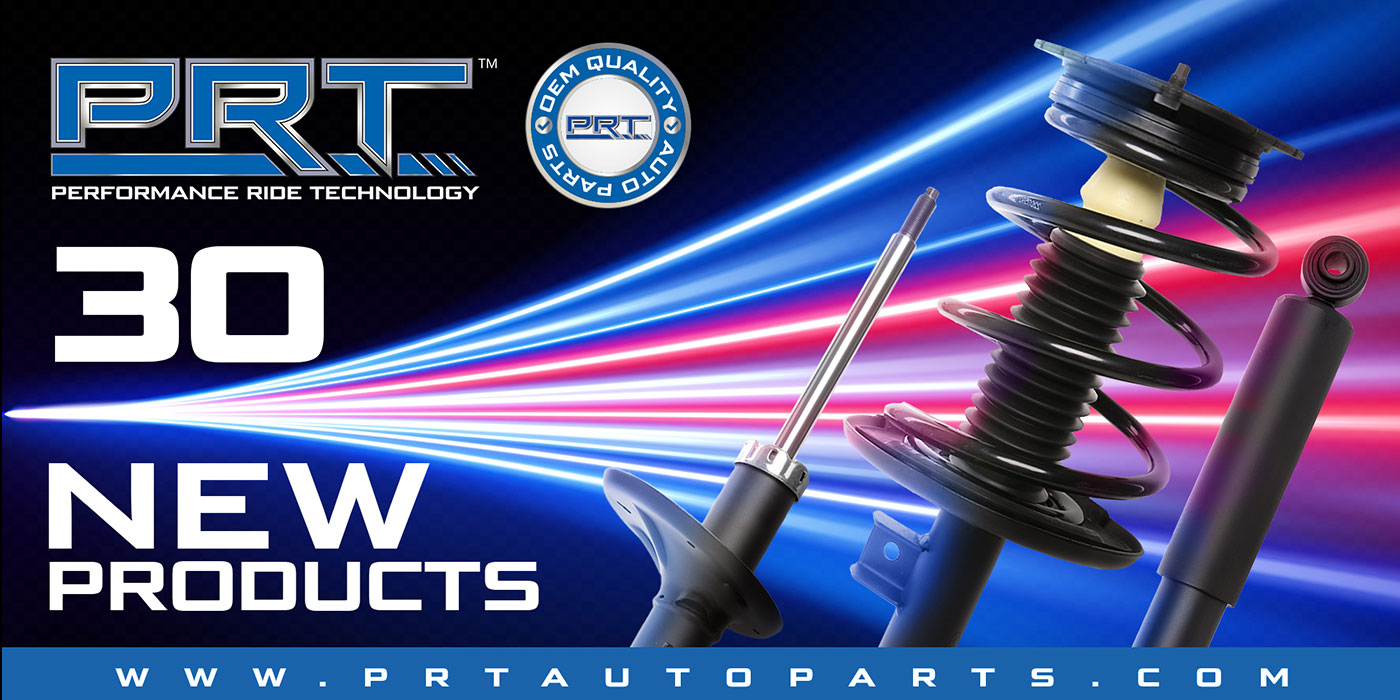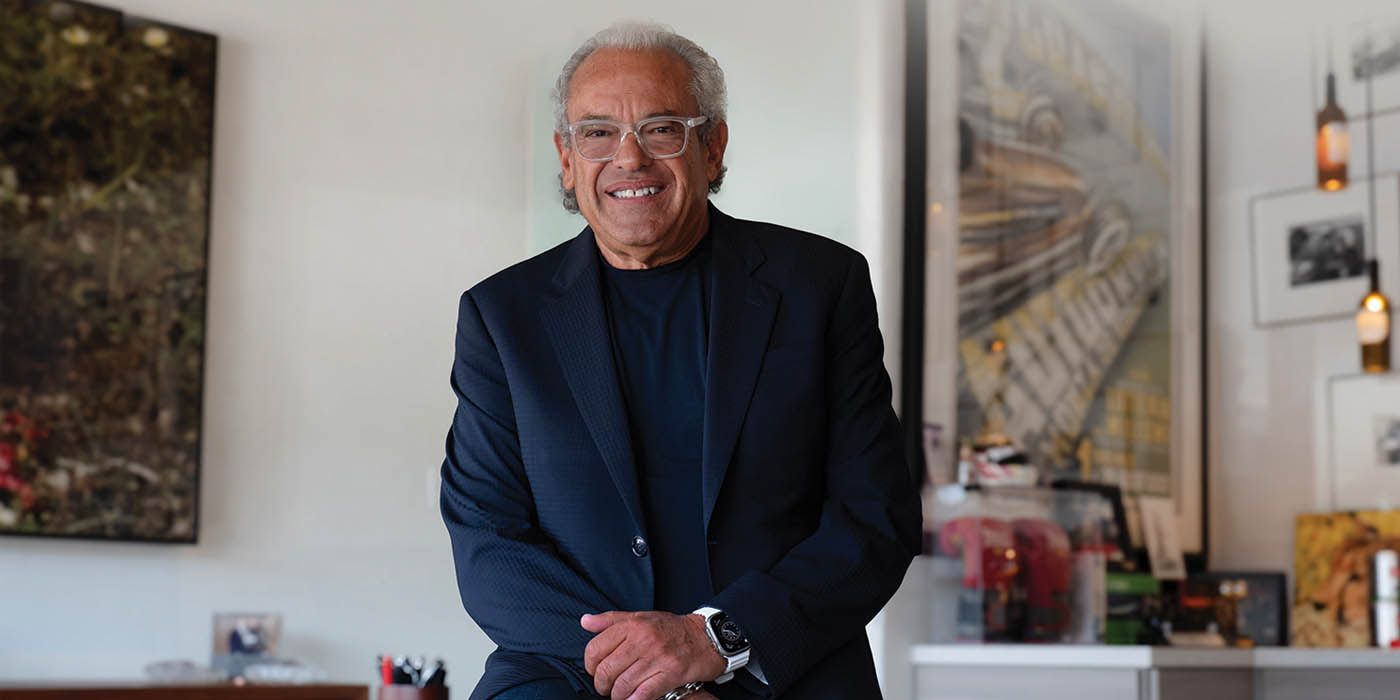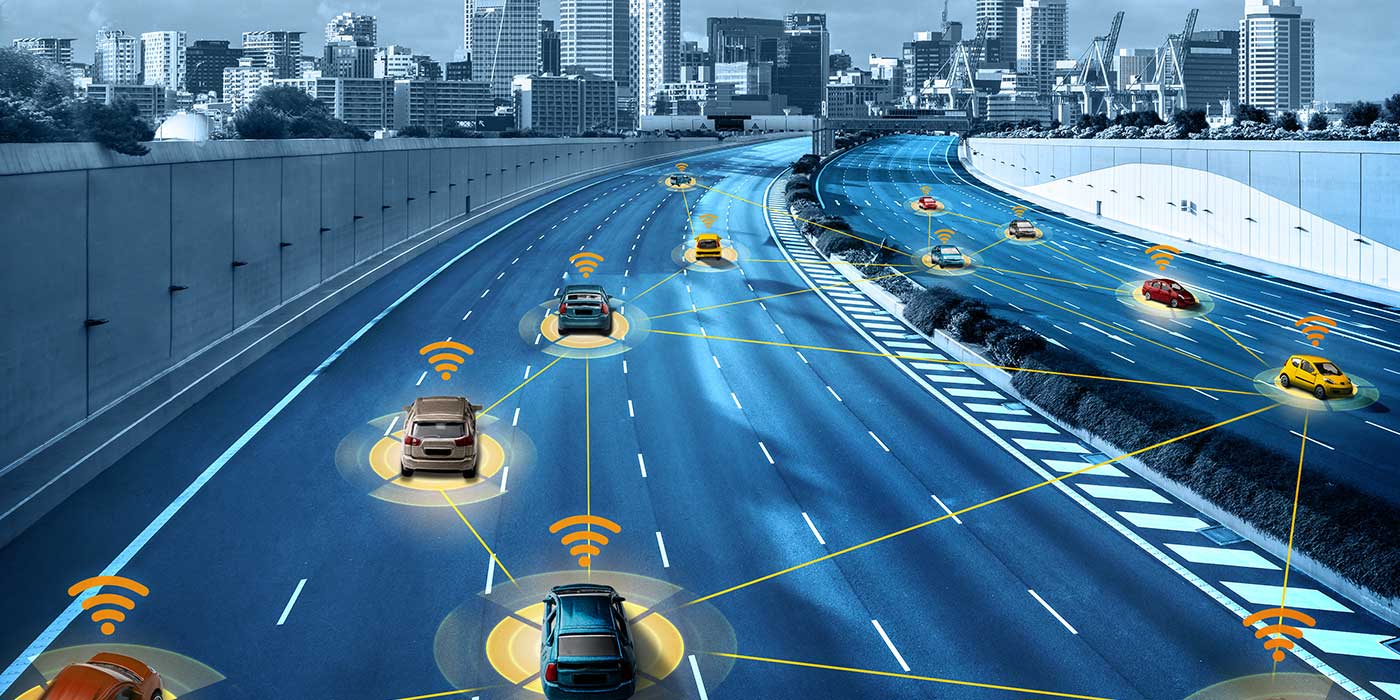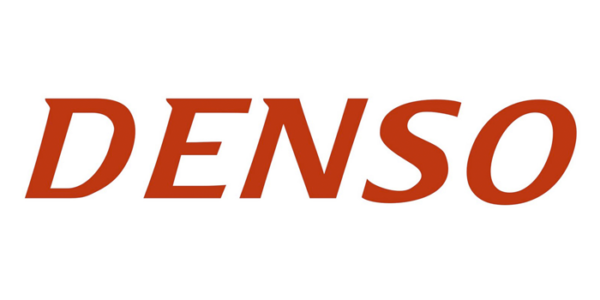
DENSO today announced updates to its new business strategy and progress toward achieving its 2030 goal: to create and inspire new value for the future of advanced mobility. In October 2017, DENSO declared its ‘second founding‘ as it expanded into software-based solutions to complement its traditional hardware expertise, marking one of the most significant strategic shifts in the company’s 70-year history.
During a news conference today, President & CEO Koji Arima and other senior leaders reaffirmed DENSO’s commitment to its strategy designed to:
- Increase performance in the fields of electrification and automated driving;
- Boost investment in R&D globally to create groundbreaking technologies; and
- Focus on key initiatives both in and outside the auto industry to add value.
“The future of advanced mobility will soon be realized. DENSO wants to contribute by creating and delivering innovative solutions that enrich people’s lives,” said Arima. “To that end, and through our Long-Term Policy 2030, DENSO will continue to lead the fields of vehicle electrification and automated driving, innovate with agility and through collaboration, and seek emerging areas in which to enhance mobility.”
DENSO’s goal in FY2025 is to reach sales of 7 trillion yen (about $63.9 billion) and an operating income ratio of 10 percent. In fiscal year 2021, the company projects it will produce sales of 5.6 trillion yen (about $51.1 billion) and operating income ratio of 8 percent or more.
Increasing performance in electrification and automated driving
DENSO’s electrification business generated sales of 0.9 trillion yen (about $8.2 billion) in FY2018 and plans to double that figure by fiscal year 2025. DENSO recently committed to investing approximately 180 billion yen ($1.6 billion) over three years – from FY2018 to late FY2020 – to support its aggressive development and production of electrified automotive products, systems and technologies. The company also recently reached an agreement with Toyota to transfer electronic components operations to DENSO, which will improve DENSO’s development speed, increase production efficiency and strengthen its manufacturing system in electric field.
DENSO’s Mobility Systems Group, which focuses on new mobility and automated driving technology, aims to achieve 1.1 trillion yen (about $10 billion) in sales in fiscal year 2025, an approximately 40 percent increase from fiscal year 2018. Expected growth drivers include increases in autonomy levels, and the proliferation of vehicle fleets through mobility-as-a-service offerings like ride- and car-sharing. DENSO recently announced partnerships to help spur related developments:
Just last month, DENSO, Toyota Motor Corp. and the SoftBank Vision Fund invested $1 billion in Uber Technologies Inc.’s Advanced Technologies Group to accelerate the development and commercialization of automated ridesharing services.
DENSO also escalated its expansion into AI, cybersecurity, LiDAR and more by investing nearly $100 Million in startups over the past four years.
“We see substantial opportunities in mobility-as-a-service,” said Hirotsugu Takeuchi, senior executive officer and head of Mobility Systems at DENSO Corp. “Working at scale with customers and partners who approach mobility from various angles comes naturally to us, so we look to make our mark on this market as it grows.”
Boosting Global R&D
In fiscal year 2018, DENSO reinvested 9.3 percent of 5.4 trillion yen ($48.3 billion) in global sales into R&D. In the fiscal year prior, the company set aside 8.8 percent of 5.1 trillion yen ($48.9 billion) in global sales for the same purpose. Such efforts enable DENSO to expand into new technology and product areas and speed innovation. They also broaden the company’s R&D reach. DENSO in fiscal year 2018 opened R&D facilities in Montréal, Canada, and Israel; and in fiscal year 2017, opened another in Helsinki, Finland.
“DENSO has the unique ability to take profits from its more traditional technologies produced today and apply them to ones that will transform tomorrow,” said Yoshifumi Kato, senior executive officer of global R&D at DENSO Corporation. “By investing so assertively in R&D, we ensure that our current success fuels our future success, as well as the overall growth of the company.”
Focusing on key initiatives
DENSO also has focused on connected technologies, which include:
Mobility IoT Core, a DENSO concept that uses edge computing, or a decentralized data processing solution, to increase computing power within the vehicle. This makes it easier to process and transmit valuable data, like traffic patterns, navigation routes, V2X communications and more.
DENSO led the $20 million Series A funding round in U.S. startup Bond Mobility to develop micromobility services for urban transportation.
A $5 million investment in Airbiquity to accelerate the development of over-the-air systems, a critical component for connected cars.
“It’s important to leverage our strengths when we explore new mobility solutions, but it’s also important to consider how we can create new value,” said Kato. “We do this through collaboration and by reimagining what we are capable of as a company. It brings challenges, but also excitement, breakthroughs and growth.”

